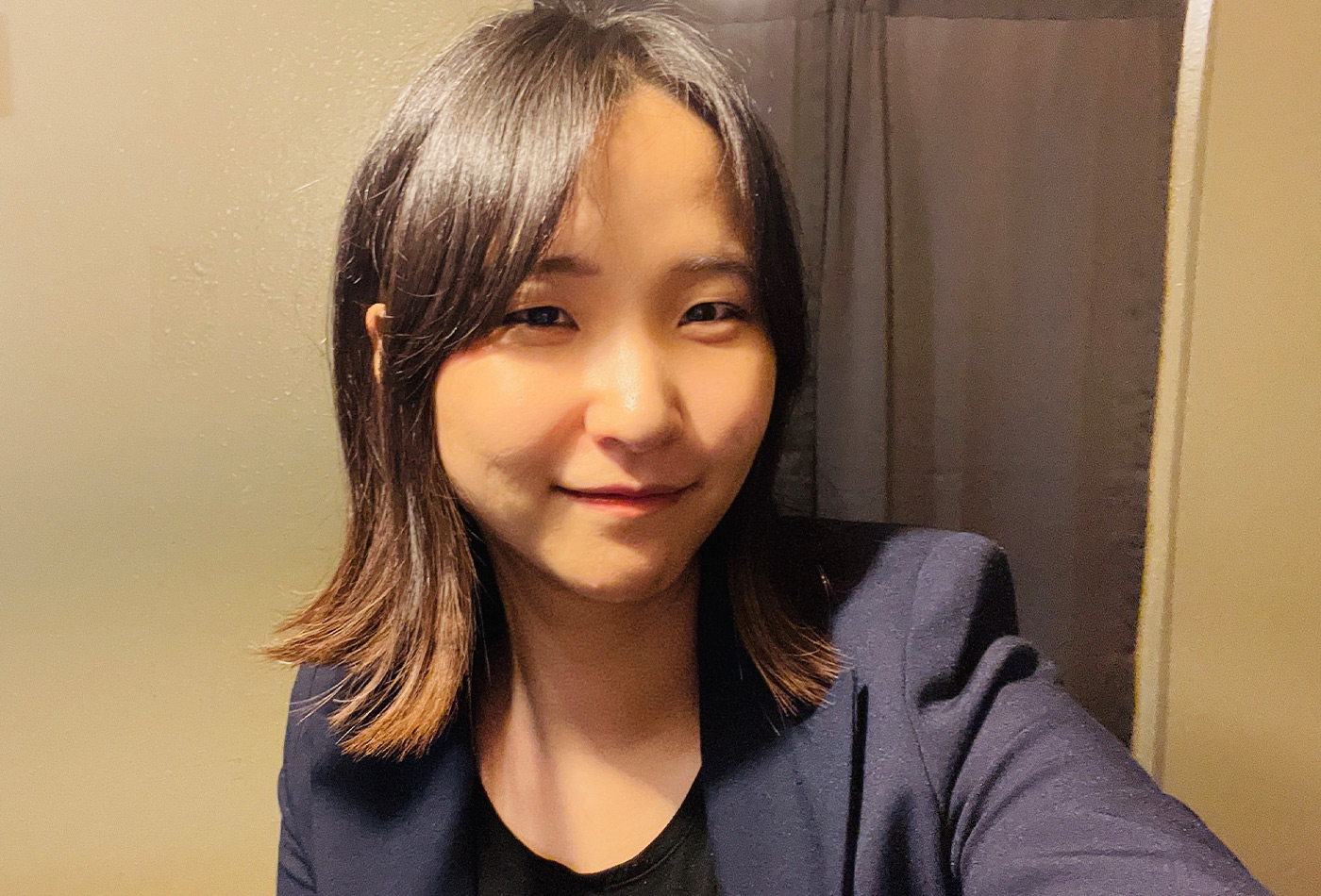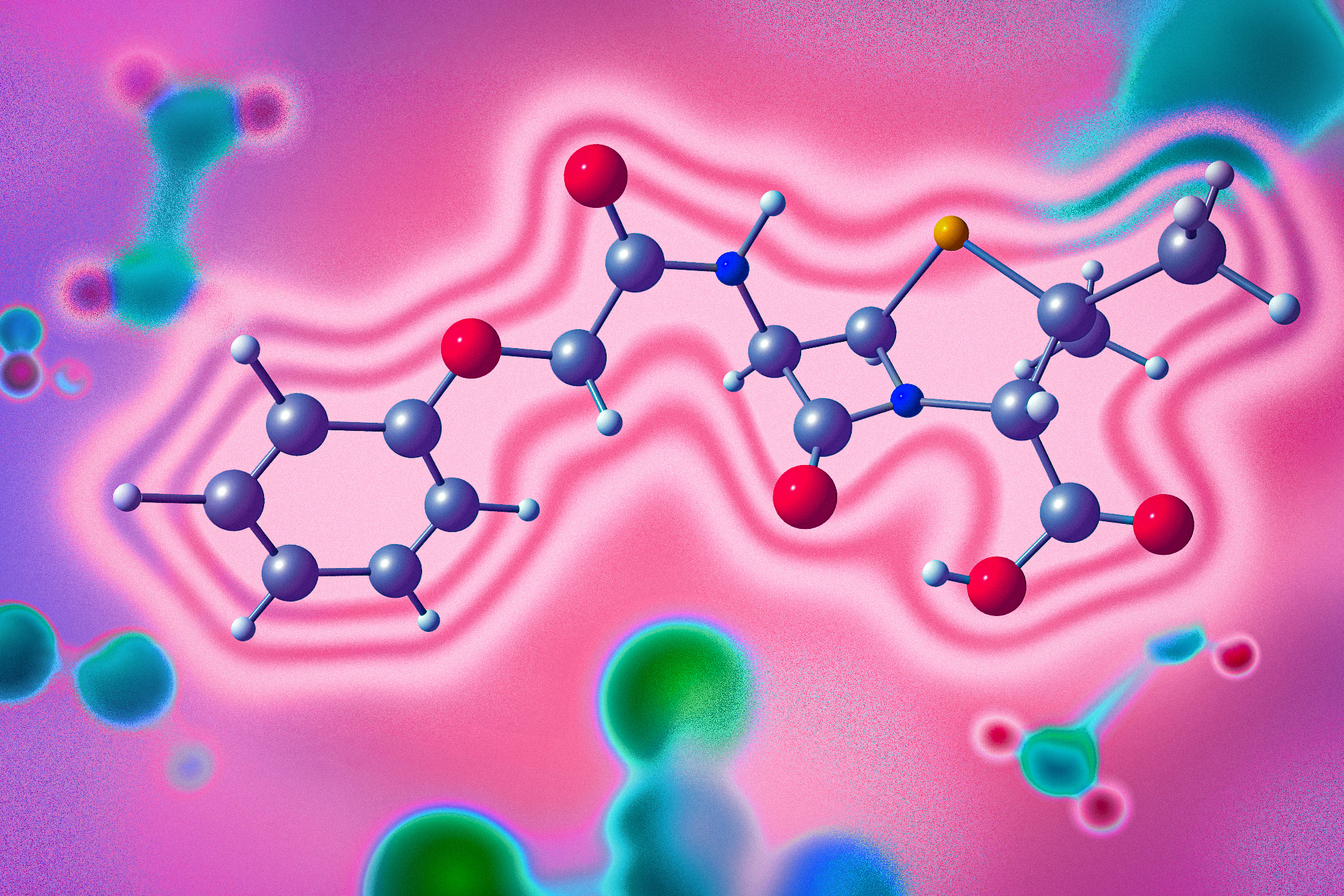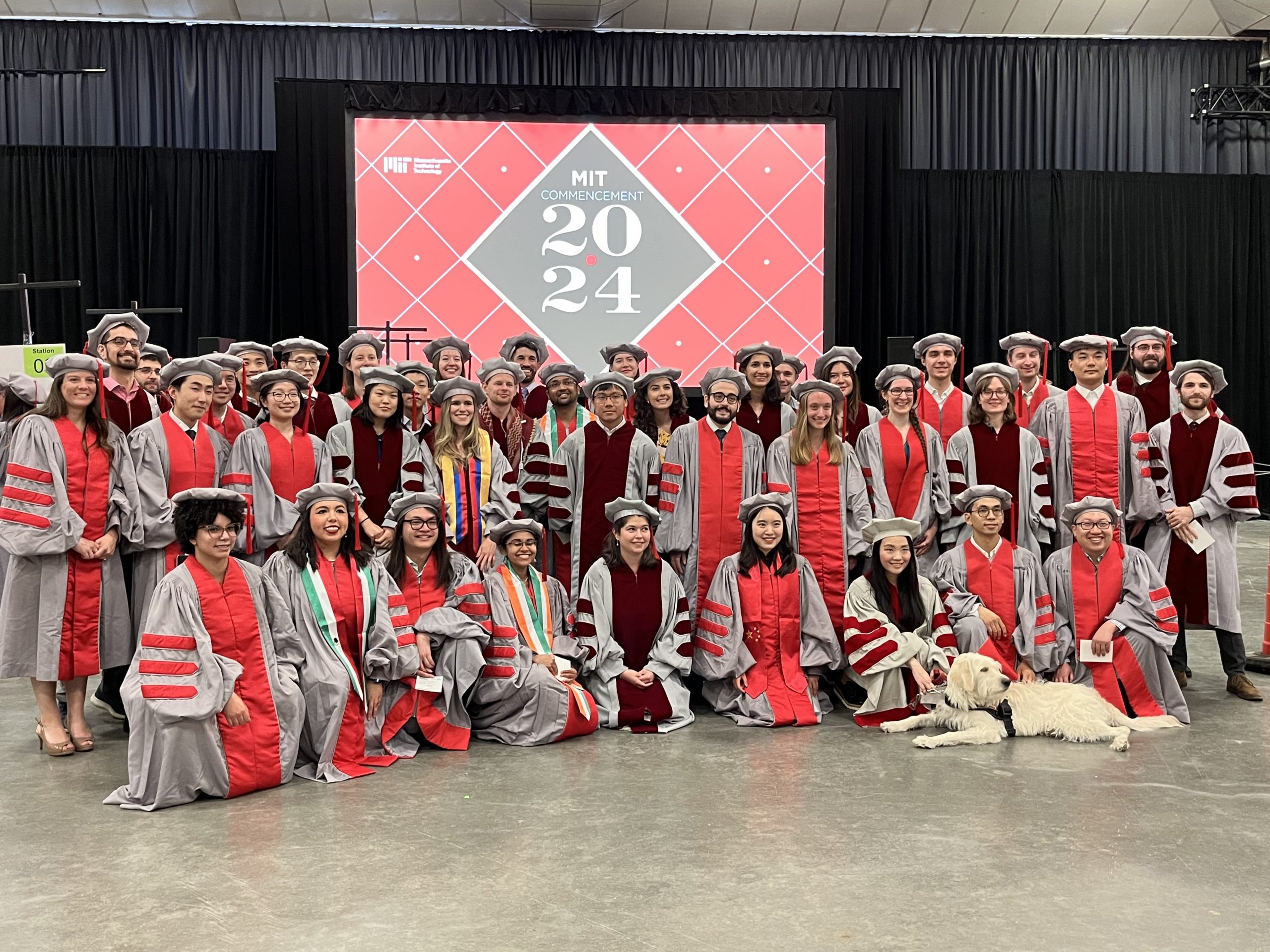Jane Park places first in the NERM 2023 Postdoctoral Scholar Poster Competition
The Northeast Regional Meeting (NERM) of the American Chemical Society was held this month at Northeastern University.
Jane Park, a postdoctoral researcher in Professor Kit Cummins‘ group, was awarded the first place prize in the Northeast Regional Meeting (NERM) of the American Chemical Society’s 2023 Postdoctoral Scholar Poster Competition. Park was awarded for her presentation, which was entitled “The use of a pentaphosphorylating reagent to prepare nucleoside hexa- and heptaphosphates: Experimental and computational studies for their interaction with the RNase A”.
Park, who was born and raised in South Korea, has been a member of the Cummins Lab since May of 2022. Following the completion of her undergraduate and masters’ degrees in South Korea, Park earned her PhD in Chemistry from Texas A&M University in 2022.
In the Cummins lab, Park is actively involved in the development of synthesis methods for oligophosphates and investigating their biochemical properties for various applications. By utilizing the group’s recently devised reagents for chemical oligophosphorylation, the researchers are working towards creating a diverse library of oligophosphates, many of which possess functional groups suitable for conjugation with biomolecules. Additionally, Park is specifically engaged in the advancement of a new reagent for pentaphosphorylation, utilizing the anion P5O143−. This innovative reagent enables the attachment of a pentaphosphate chain to a nucleophile, representing a significant advancement in the field. To facilitate its function, researchers have incorporated the use of an organometallic complex, Mo(CO)3(MeCN)3, which binds to the condensed phosphate and enhances its pentaphosphorylation capability. Furthermore, Park’s research involves an in-depth exploration of the interactions between our designed oligophosphates and proteins. This investigation encompasses both experimental and computational approaches. Experimental analysis involves measuring the binding constant using 31P NMR spectroscopy and obtaining crystals of oligophosphate-protein complexes. Computationally, the group employs quantum chemical methods at higher levels of theory, such as QM1/XTB ONIOM, to gain insights into the molecular interactions between oligophosphates and proteins. Overall, Park’s research encompasses the development of oligophosphates, their biochemical properties, novel pentaphosphorylation reagents, and the exploration of oligophosphate-protein interactions using experimental and computational techniques.





